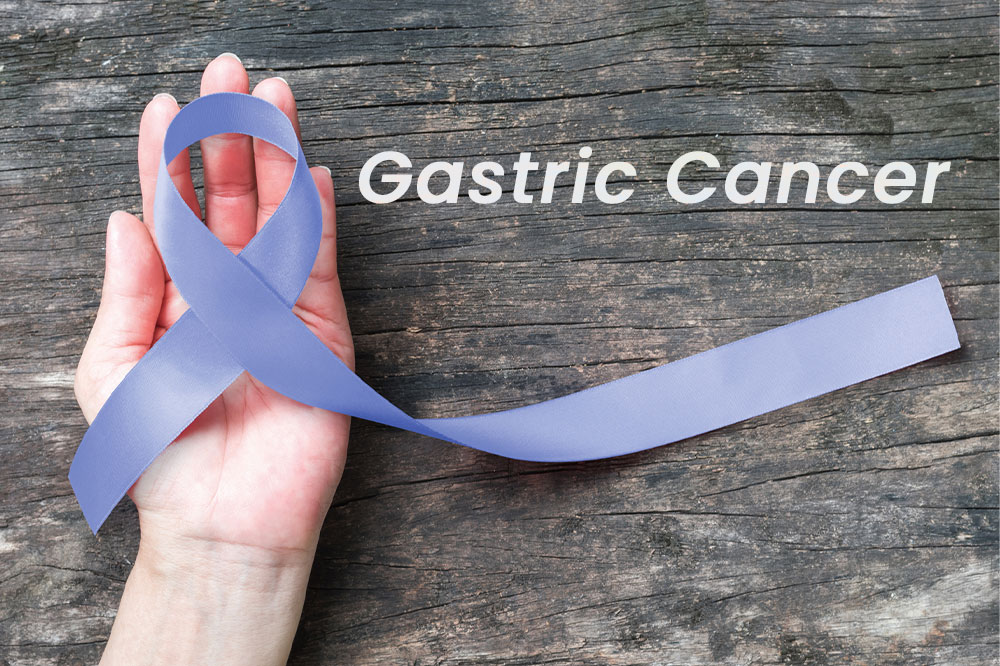
Essential factors that are related to gastric cancer
Gastric cancer is also called stomach cancer, and this condition is defined by the formation of tumor cells in the linings of the stomach. The stomach consists of five layers: mucosa, submucosa, muscularis propria, subserosa, and serosa. The initial stages of cancer begin in the mucosa layer and spread to the further layers. In this article, we point out the major factors that surround gastric cancer.
Causes
These factors are the most common causes of gastric cancer:
- Genetic polymorphisms
Genetic polymorphisms of certain genes in the body can lead to abnormal cell division and lead to gastric cancer. - Age
Age is a risk factor for stomach cancer. The elderly have an increased risk of developing gastric cancer than younger people. - Atrophic gastritis
Atrophic gastritis is the chronic inflammation of the stomach lining. The problem could be because of recurrent infections in the stomach or because of an autoimmune disorder. Atrophic gastritis can lead to gastric cancer with time. - Consumption of intoxicants
The risk of developing gastric cancer is enormously increased if the consumption of alcohol and tobacco is excessive over long periods.
Symptoms
- Stomach pain and cramping
- Discomfort in the abdomen
- A constant complaint of indigestion and heartburn
- Abnormal weight loss
- Vomiting blood
Diagnosis
If a patient shows the above signs for an extended period, then doctors suspect gastric cancer and recommend these tests:
- Esophagogastroduodenoscopy
An upper endoscopy is done to check if there are tumor cells present in the stomach. - Biopsy
If the upper endoscopy showed cancer-looking cells, then a biopsy is one way to diagnose the condition. - Imaging tests
Imaging tests like X-Rays are also used to detect tumor cells in the stomach. - CT scan
A CT scan can help confirm the exact location of cancer in the stomach. - PET scan
A positron emission tomography scan, i.e., PET scan can be used to check the whole body to see where all cancer has spread.
Treatment options
The treatment of gastric cancer depends on which stage of cancer the patient is in.
- Surgery
Surgery is often the easiest of all treatment options. If the cancer is contained to a small portion of the stomach, that part is surgically removed to prevent cancer from spreading further. Surgery is usually not considered in case cancer has already spread across different layers. - Chemo and targeted therapy
Chemotherapy includes medications given through IV or as oral pills, which helps shrink cancer cells and make their elimination as well as removal much easier. Chemotherapy is also an option to prevent cancer from reappearing again.
Targeted therapy is a relatively new treatment procedure that targets specific cells in the body and destroys them.
Preventive measures
Gastric cancer is easily avoided if certain lifestyle changes are made, such as
- Restricting alcohol intake
Excess alcohol causes stomach inflammation and leads to cancer. - Losing weight
Obesity increases the risk of all types of cancers including stomach cancer. - Quitting smoking
Smoking also increases the risk of all kinds of cancers including stomach cancer. - Eating more veggies
Increasing the intake of fresh fruits, vegetables, and greens is extremely helpful. These foods are proven antioxidants that can bring down the risk of gastric cancer. - More proteins and whole grains
Protein is an important nutrient to help repair the cells in the body. Including a lot of protein-rich foods in meals improve gut strength. Moreover, whole grains are preferred over refined carbohydrates as these foods are nutrient-rich and keep one fuller for a longer time. - Drink loads of water
Keeping the body hydrated helps handle the side effects of cancer treatment. - Limiting sugar intake
Sugar acts as a trigger for the growth of cancer cells. Avoid refined sugar in all forms.




